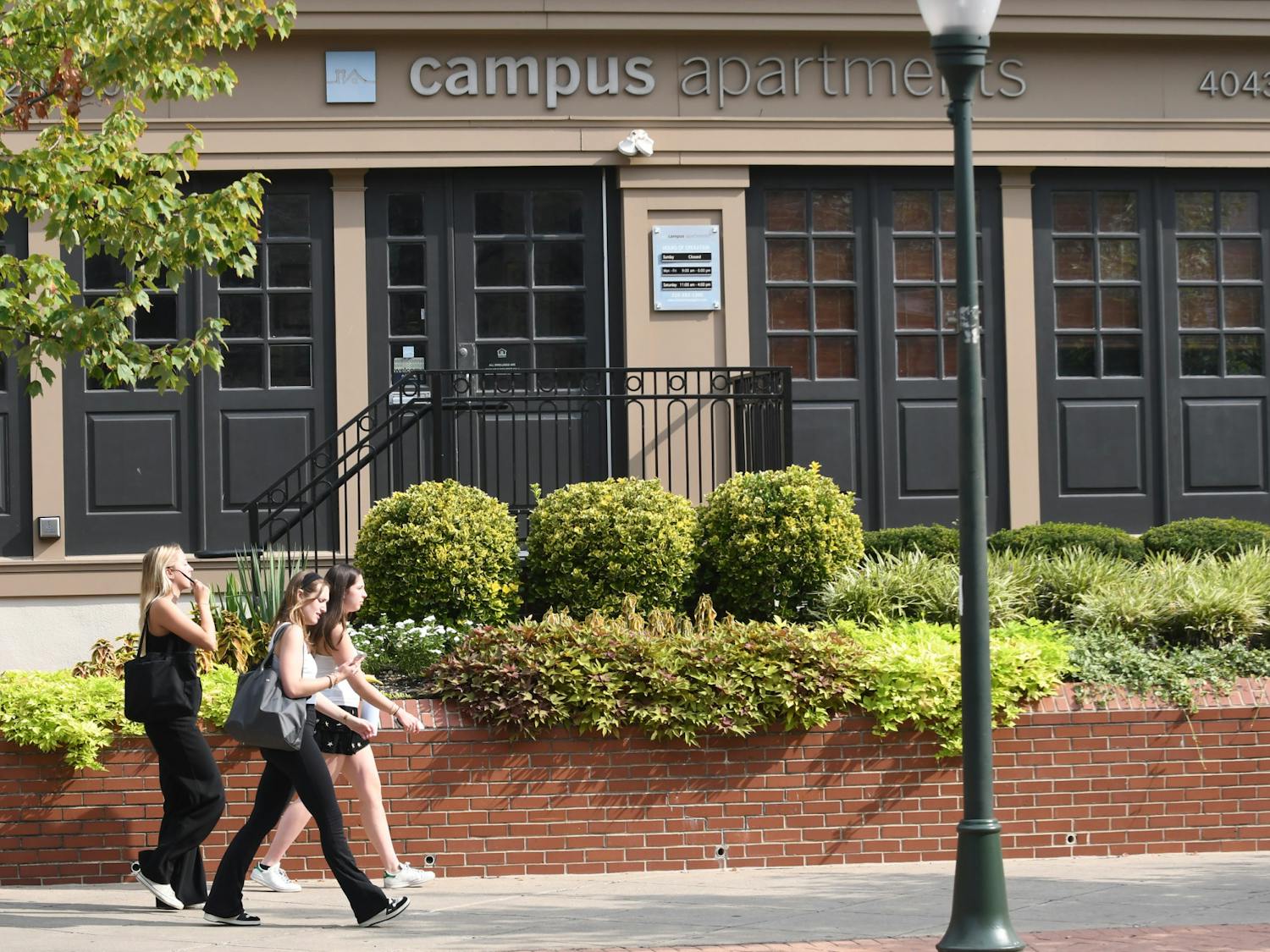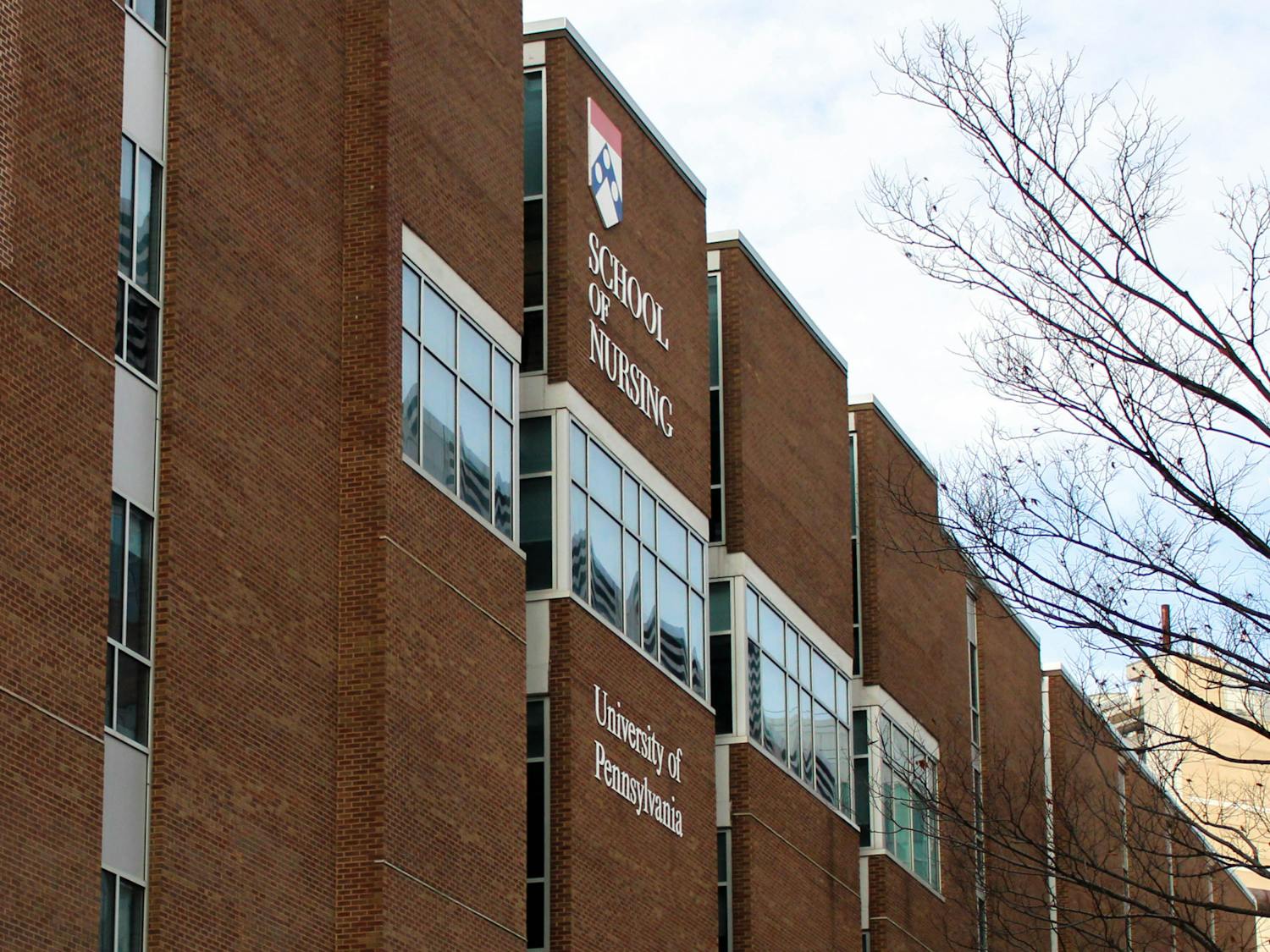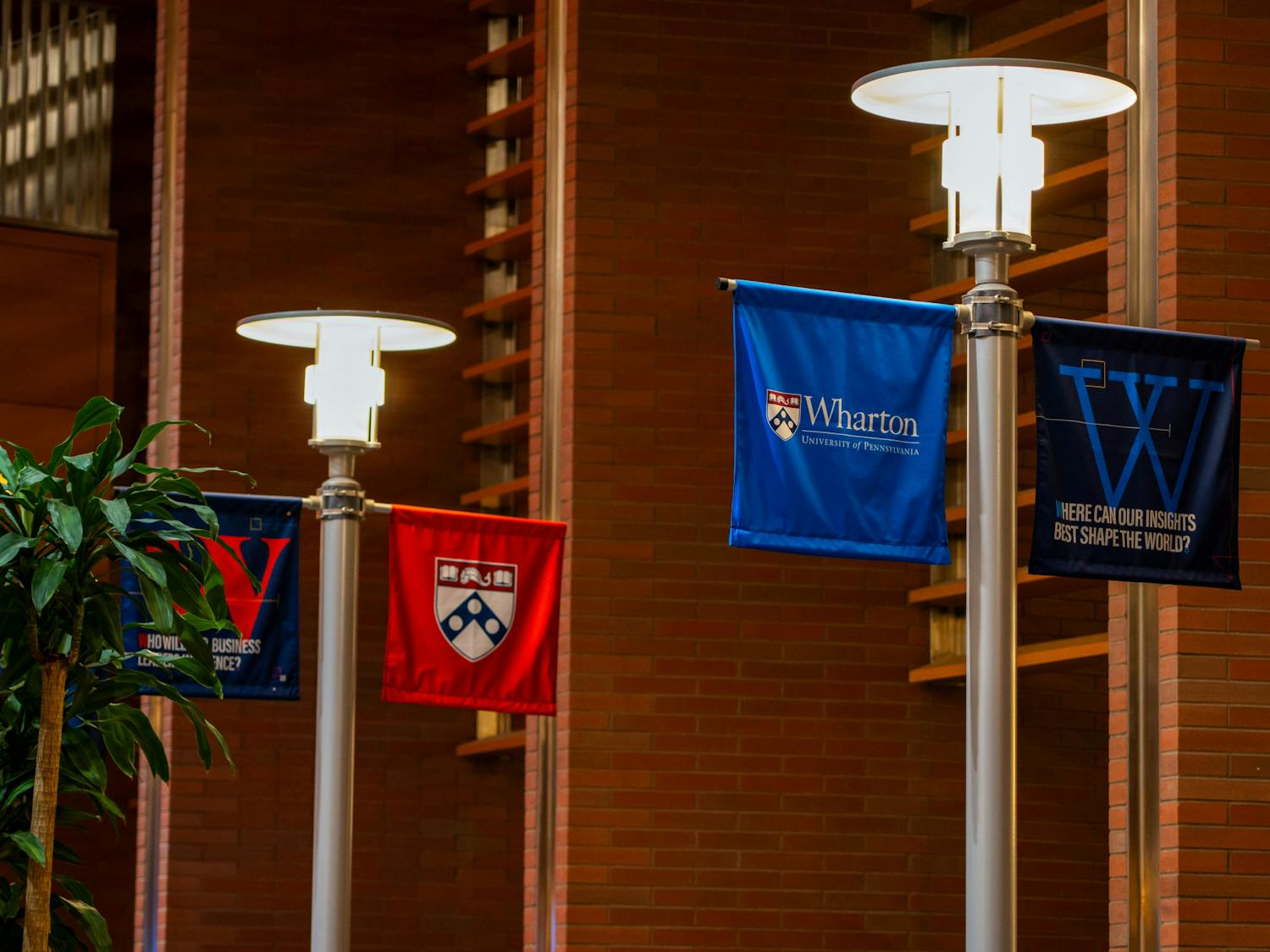Chemistry Professor Ralph Hirschmann was a Merck VP before coming to Penn. When many people retire they migrate to Florida, California or any warm climate where they can rest and relax in a sunny community. But in 1987, upon turning 65, Ralph Hirschmann decided to do something out of the ordinary. After retiring from his position as senior vice president for pharmaceutical giant Merck and Co., as all officers for the company are required to do at that age, Hirschmann became a member of Penn's Chemistry Department. "I think it's unavoidable that my background is different than my colleagues, since I worked nearly 37 of my 50-year career in industry," Hirschmann said. In March, Hirschmann will be presented with the American Chemical Society's Arthur C. Cope Award, an award to "recognize outstanding achievement in the field of organic chemistry" that comes with a $25,000 honorarium and a grant of $150,000 to be spent on research in organic chemistry, according to the ACS World Wide Web site. And one month later, the 76-year-old professor will receive the National Academy of Sciences Award for the Industrial Application of Science, another $25,000 prize given every three years for scientific work that has a "significant, beneficial application in industry," according to an NAS press release. "What the National Academy [of Sciences] award relates to is that I spent a fair amount of time in industry -- 37 1/2 years," Hirschmann said. Hirschmann was born in the German province of Bavaria, coming to the U.S. at age 14 to escape Nazi Germany. After earning an undergraduate degree in chemistry from Oberlin College, he served for three years in the U.S. Army before finishing his schooling with a doctorate from the University of Wisconsin in 1950. Shortly thereafter, Hirschmann went to work as a chemist at Merck in the process research division. Rising through the ranks, Hirschmann became senior vice president of basic research in 1976. While head of basic research, Hirschmann's group discovered and developed many drugs, including Vasotec, which lowers blood pressure; Mevacor, which decreases cholesterol levels; and Ivermectin, a drug that kills the parasites responsible for river blindness, the leading cause of blindness in developing countries, Hirschmann said. In 1988, Hirschmann came to Penn to collaborate with Chemistry Professor Amos Smith and former Chemistry Professor K.C. Nicolaou, who now works at the Scripps Institute in San Diego. The three colleagues worked together on research that would later be recognized by the Cope Award. This research focused on improving drugs made out of certain biologically active materials called peptides. By replacing a peptide's natural molecular "backbone" structure -- called a scaffold -- with an artificial scaffold created in the lab, Hirschmann and his collaborators were able to remove some of the undesirable properties of peptides. "We're trying to make new [molecular backbone structures] that nature has never made before," Hirschmann said. Hirschmann said his Penn job has had some great perks, especially the opportunity to mentor budding scientists. "The relationship between a graduate student and their major professor is something that has no precise counterpart in industry," he said. "What is really enormously satisfying for a teacher is when there comes a point in the training of most graduate students when suddenly they take off on their own," he added. "The students come up with better ideas than my own, and this is not something I find depressing -- it's something I find wonderful." Having spent time in both industry and academia, Hirschmann is in a unique position to comment on the differences between the two institutions. "Ideally, academic research should address problems that are long-term problems where it's not necessarily clear at the beginning where this [research] is going to lead," he explained. "Industry takes a more short-term view."
The Daily Pennsylvanian is an independent, student-run newspaper. Please consider making a donation to support the coverage that shapes the University. Your generosity ensures a future of strong journalism at Penn.
Donate







